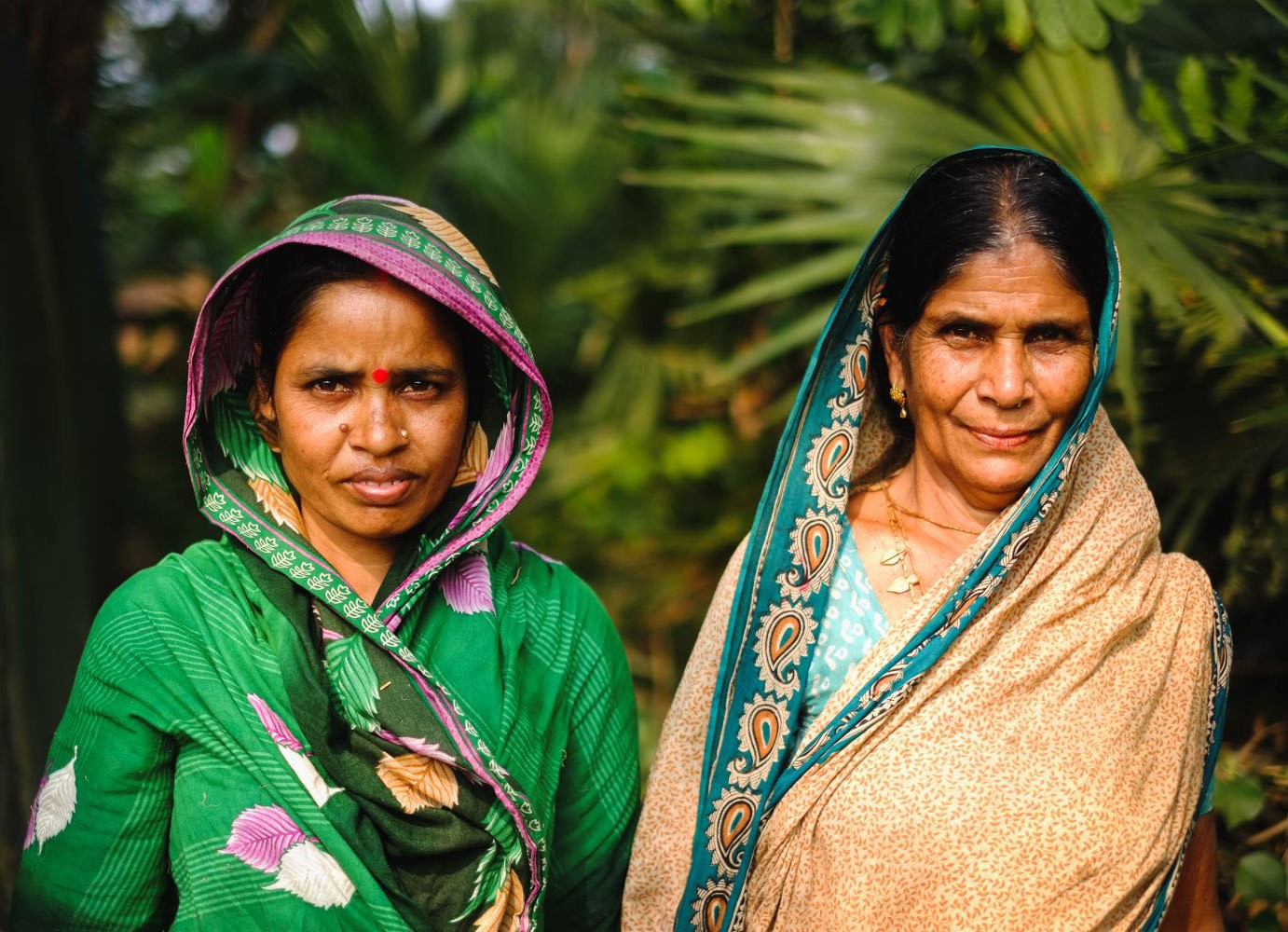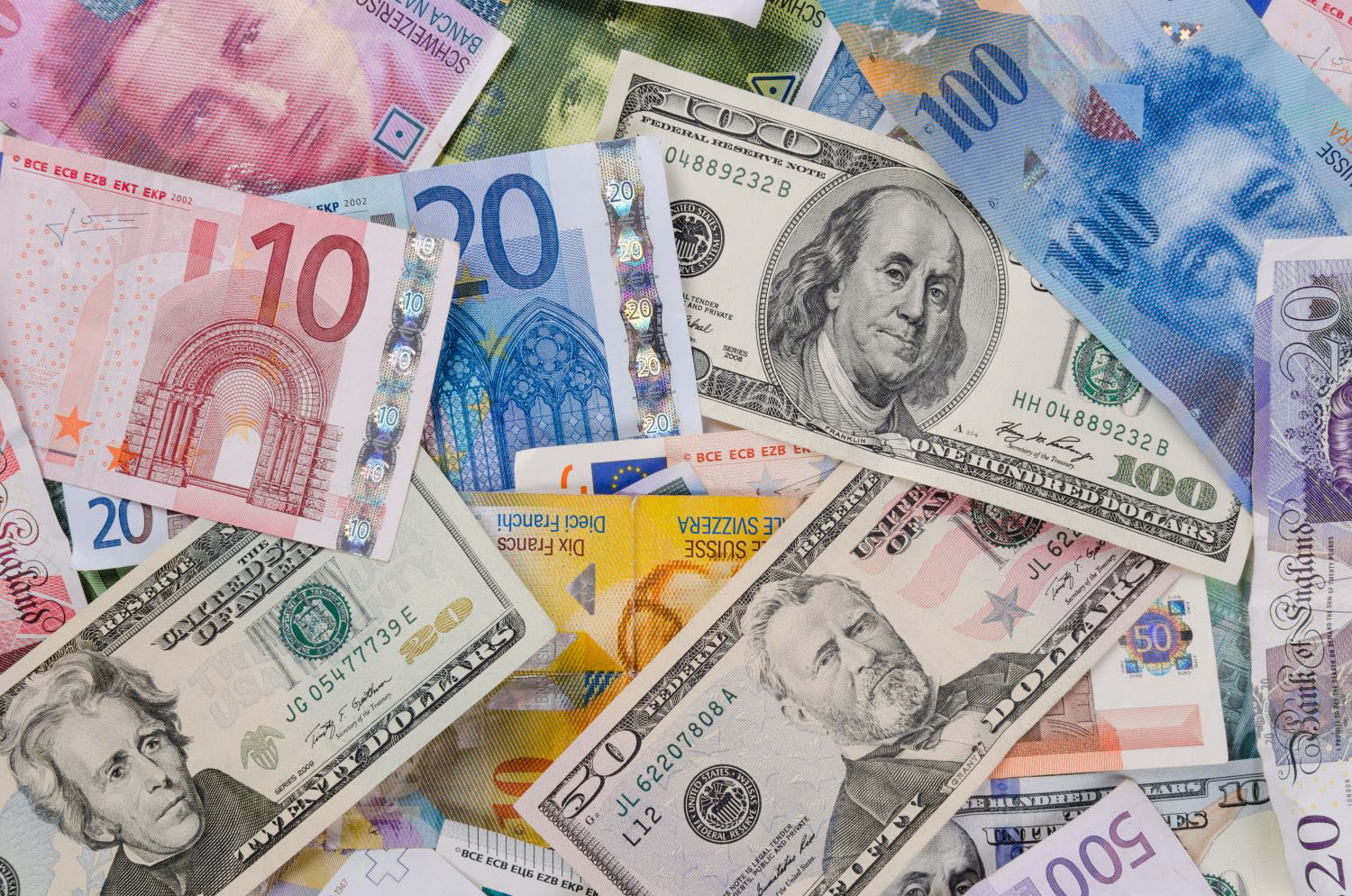On the 12th November, I’ll be attending an Overseas Development Institute conference in London on financing the Sustainable Development Goals. The conference is another step on the road to Addis Ababa, where in July of next year the world’s governments will gather to decide how to pay for what is shaping up to be an incredibly ambitious development agenda. I’ll take the opportunity to push the idea of a bargain around sustainable infrastructure financing which might be the cornerstone of a successful Addis agreement.
Register to watch Charles's session online
Initial estimates suggest the most expensive SDG requirements will be around infrastructure –energy access, transport, water, and sanitation may take $5-7 trillion a year to finance, with climate change mitigation adding a trillion plus on top of that. Most of the resources to meet that need in developing countries will have to come from domestic sources – the $8 trillion a year (and growing) that they raise in taxes. But there’s a vital part to play for official finance from G-20 countries to help developing countries roll out access to electricity and transport. If the Addis conference could deliver on increased infrastructure support from the G-20 with the quid pro quo of sustainable infrastructure pricing in developing countries, it would be an important success.
The likelihood that Addis will see considerable new commitments in aid – overseas development assistance — is small. Traditional donors remain cash-strapped after the global financial crisis, and progress towards the goal of 0.7% of GDP going to aid is unlikely. But there is the possibility of greater support for other official flows with far lower budgetary costs –like guarantees to private sector investors, alongside lending to governments from the World Bank or the African Development Bank. The G-20 nations, who control the multilateral development banks and provide the bulk of non-concessional bilateral development finance, have made repeated calls to expand this pool of market-rate financing, in particular for infrastructure.
At the same time, using non-concessional financing to roll out infrastructure in the developing world faces the significant challenge of debt sustainability and payback. This is intimately linked to the question of infrastructure pricing. Energy is perhaps the most significant example: the IMF estimates Ethiopia spent 7% of government revenues on supplying underpriced electricity to the lucky quarter of the population connected to the grid. The same number for Bangladesh is nearly three percent of government revenues. Those subsidies are bad for the environment (encouraging energy consumption) and they are regressive (they don’t help poor people who are unconnected but help most rich people who consume the most). But subsidies are also bad for the sustainable provision of infrastructure. For example, selling electricity at less than cost means that power companies lack money to operate and maintain their plants and power lines – let alone roll out services to the millions denied modern energy access. Repealing fossil fuel subsidies (replacing them where needed by targeted financial support to the poorest consumers) could produce the necessary funds to pay back infrastructure investors or loans and reduce inefficient energy use in the bargain.
Energy pricing is an issue that the G-20 has addressed: pledging to remove ‘inefficient’ fossil fuel subsidies. And the drafters of the Sustainable Development Goals suggested a global target to, “rationalize inefficient fossil-fuel subsidies that encourage wasteful consumption.”
The potential for increased non-concessional support combined with the worldwide recognition that energy pricing needs reform suggests the basis for a global partnership agreement at Addis. G-20 countries could lead on a commitment to significantly increase financing for infrastructure that is priced to ensure financial sustainability. Developing economies keen to access additional international finance could lead on a global commitment on sustainable energy pricing – tariffing electricity at long-run cost and generating sufficient revenues from transport fuels or other use-related charges to cover the costs of investment and maintenance.
In dollar terms what would this global partnership be worth? The IMF estimates global (pre-tax) subsidies for petroleum products, electricity, natural gas, and coal in the developing world reached $480 billion in 2011. Recent proposals to scale up multilateral financing alongside guarantees and bilateral lending don’t reach that scale, but could add tens of billions of foreign finance to annual infrastructure investment in the developing world. The G-20 meetings in Brisbane later this month could provide the impetus for a concrete and significant financing proposal to be developed in time for the Addis meetings.
A global partnership agreement on sustainable infrastructure financing would guarantee Addis was a success and set the stage for a strong post-2015 declaration in New York. And because of the impact of higher energy prices on greenhouse gas emissions, the Addis partnership might even spark hopes of greater progress at the December UN climate negotiations in Paris. Most importantly, it could help extend basic infrastructure services to the billions who currently lack them.
Disclaimer
CGD blog posts reflect the views of the authors, drawing on prior research and experience in their areas of expertise. CGD is a nonpartisan, independent organization and does not take institutional positions.





